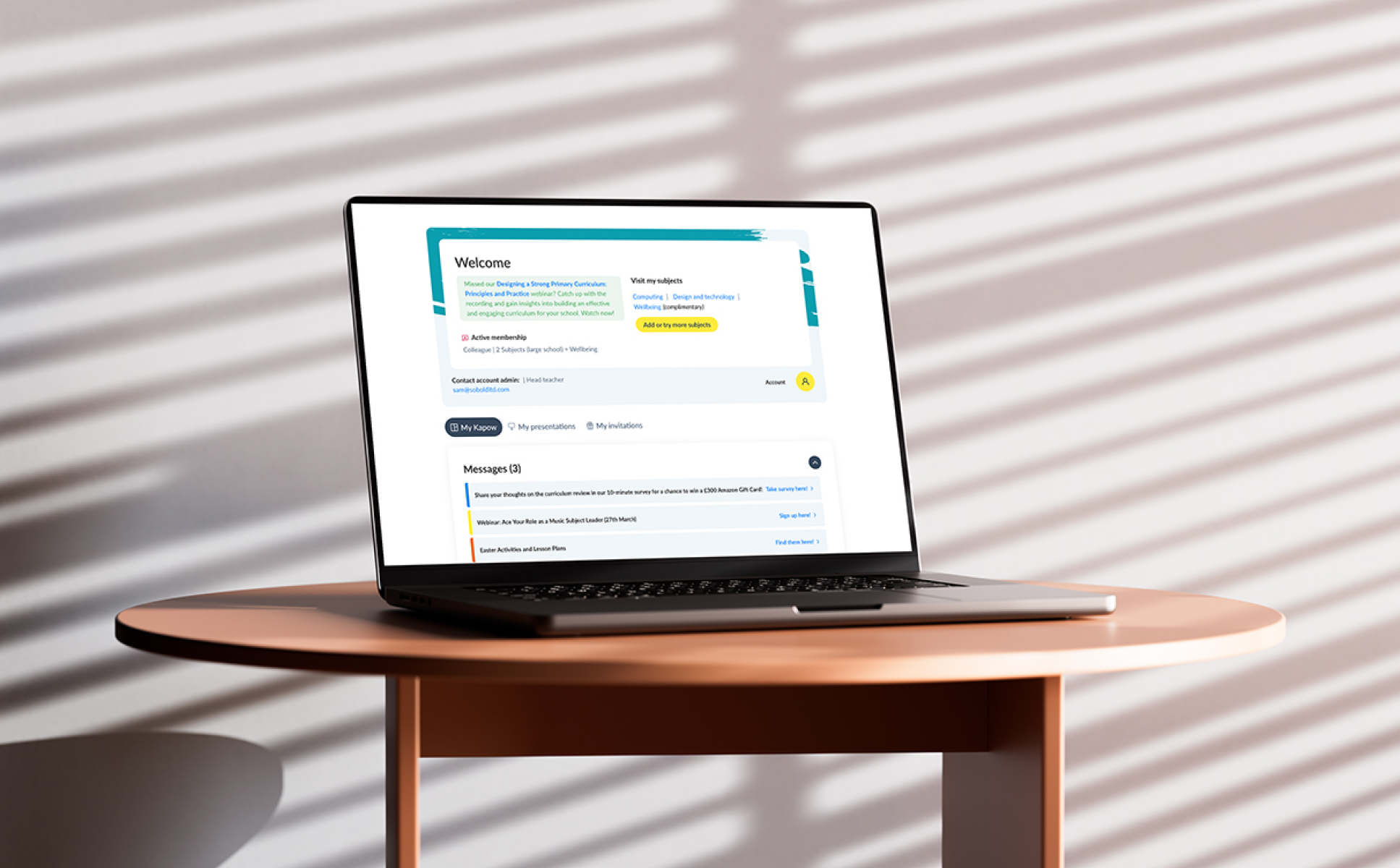Technical Director, Sam Phillips and Managing Director, Will Newland were interviewed by Brent Weaver at Cloudways.
SoBold has been working with Cloudways since 2019 to help host development environments for all of their clients.
You can learn more about Cloudways, Managed Cloud Hosting services by visiting their website here.
See what they had to say in the video below.






